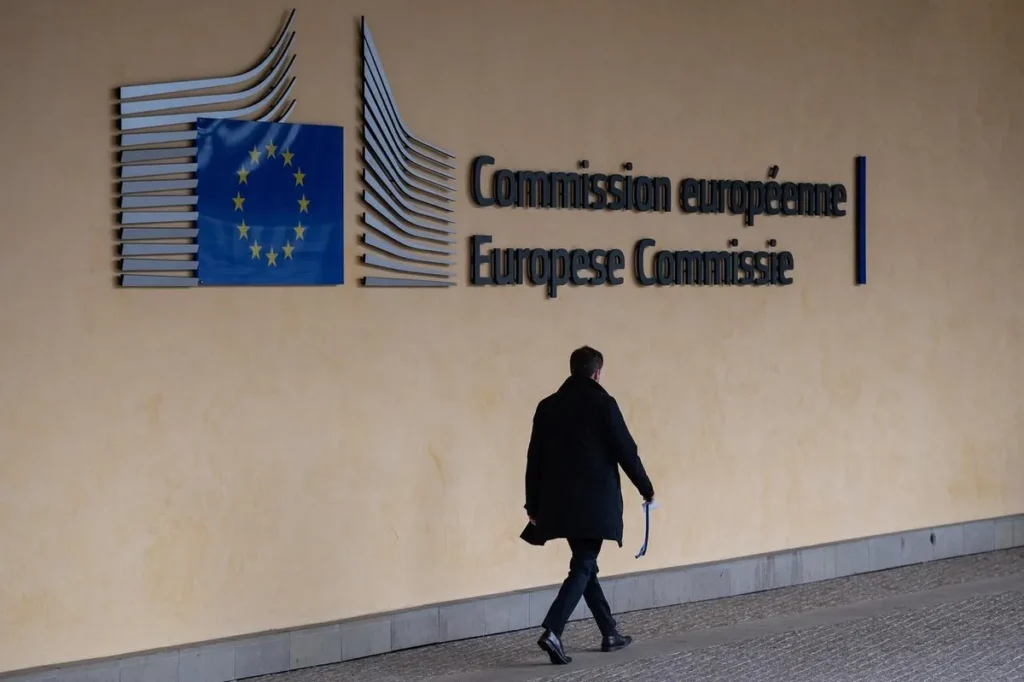EU Commission Takes Further Steps to Boost Investment for a Sustainable Future

|
Listen to this story:
|
The European Commission has put forward a new package of measures to build on and strengthen the foundations of the EU sustainable finance framework.
The transition to a climate-neutral and sustainable economy by 2050 offers new opportunities for companies and citizens across the EU. Many companies and investors have already embarked on their sustainability journey, as the growing size of sustainable investment testifies. However, companies and investors are also facing challenges in this transition, especially when it comes to complying with new disclosure and reporting requirements.
The aim of today’s package therefore is to ensure that the EU sustainable finance framework continues to support companies and the financial sector, while encouraging the private funding of transition projects and technologies. Specifically, the Commission is today adding additional activities to the EU Taxonomy and proposing new rules for ESG rating providers, which will increase transparency on the market for sustainable investments. The package aims to ensure that the sustainable finance framework works for companies that want to invest in their transition to sustainability. It aims also to make the sustainable finance framework easier to use, thereby continuing to contribute effectively to the European Green Deal objectives.
The package in detail:
EU Taxonomy Delegated Acts
The EU Taxonomy is a cornerstone of the EU’s sustainable finance framework and an important market transparency tool that helps direct investments to the economic activities most needed for a green transition.
The Commission has today approved in principle a new set of EU Taxonomy criteria for economic activities making a substantial contribution to one or more of the non-climate environmental objectives, namely:
- sustainable use and protection of water and marine resources,
- transition to a circular economy,
- pollution prevention and control,
- protection and restoration of biodiversity and ecosystems.
To complement this, the Commission has adopted targeted amendments to the EU Taxonomy Climate Delegated Act, which expand on economic activities contributing to climate change mitigation and adaptation not included so far – in particular in the manufacturing and transport sectors. The inclusion of more economic activities covering all six environmental objectives, and consequently more economic sectors and companies, will increase the usability and the potential of the EU Taxonomy in scaling up sustainable investments in the EU.
The criteria are informed to a very large extent by the recommendations of the Platform on Sustainable Finance, published in March and November 2022. The Commission has also adopted amendments to the EU Taxonomy Disclosures Delegated Act, to clarify the disclosure obligations for the additional activities.
See related article: EU Commission Approves EUR 837 Million To Support The Production Of EV Batteries
Proposal for a regulation of ESG ratings providers
ESG ratings play an important role in the EU sustainable finance market as they provide information to investors and financial institutions regarding, for example, investment strategies and risk management on ESG factors.
Today, the ESG ratings market currently suffers from a lack of transparency and the Commission is proposing a Regulation to improve the reliability and transparency of ESG ratings activities. New organisational principles and clear rules on the prevention of conflicts of interest will increase the integrity of the operations of ESG rating providers.
These new rules will enable investors to make better informed decisions regarding sustainable investments. Moreover, the proposal will require that ESG rating providers offering services to investors and companies in the EU be authorised and supervised by the European Securities and Markets Authority (ESMA). This will also ensure the quality and reliability of their services to protect investors and ensure market integrity.
Enhancing usability
In addition, the Commission is presenting today an overview of the recent measures and tools put forward to address key implementation issues and questions raised by stakeholders. Early reporting trends show that companies across all key economic sectors are using the EU Taxonomy more and more as part of their transition efforts. For instance, this year’s initial corporate taxonomy reporting shows encouraging trends among large non-financial companies, with many reporting increasing values of taxonomy alignment, in particular in their capital expenditure.
As a first step, the Commission has recently developed a series of targeted measures and initiatives to enhance the usability of the rules and support stakeholders in their implementation. The Commission is also publishing the EU Taxonomy User Guide, a guidance document on the Taxonomy for non-experts. Supporting companies and the financial sector in the implementation of the EU Taxonomy and sustainable finance framework will be a key priority for the Commission in the future.
Transition finance
Today’s package also demonstrates how the EU legal framework can be used effectively to facilitate transition finance. Today’s recommendations on transition finance aim to provide guidance as well as practical examples for companies and the financial sector. These aim to show how companies can use the various tools of the EU sustainable finance framework on a voluntary basis to channel the investments into the transition and manage their risks stemming from climate change and environmental degradation. The objective is to facilitate transition finance, not only for companies that have strong sustainability records already, but also for those that are at different starting points, with credible plans or targets to improve their sustainability performance. It also acknowledges that small and medium-sized enterprises face specific challenges that need to be addressed.










